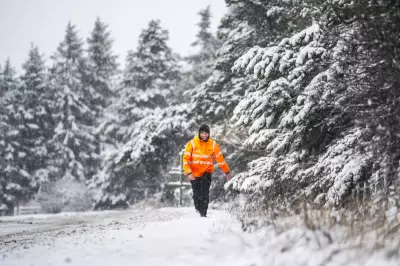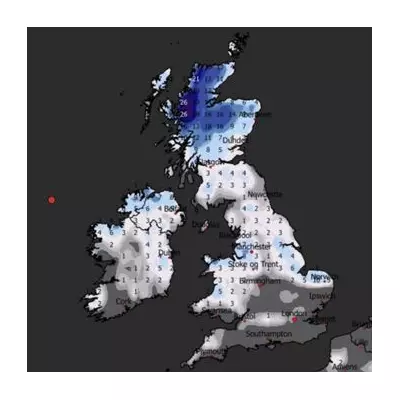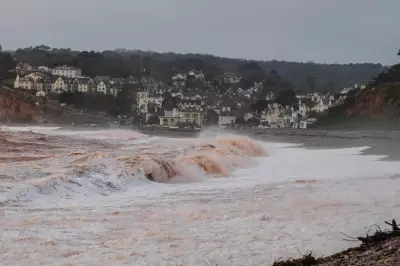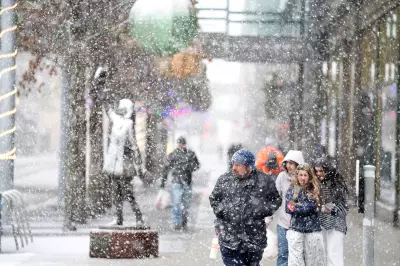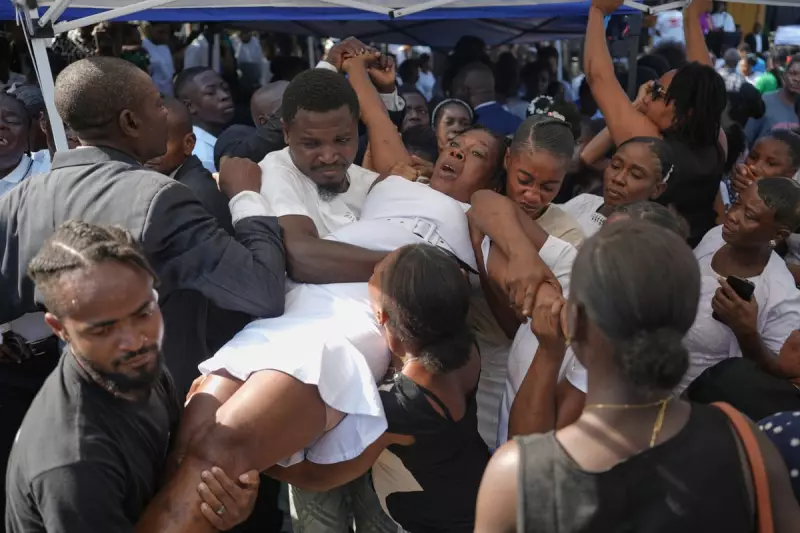
The coastal community of Petit-Goâve in southern Haiti faces unimaginable grief after Hurricane Melissa, one of the most powerful Atlantic storms ever recorded, tore through the region in late October, claiming at least 43 lives and leaving more than a dozen people missing.
A Community in Mourning
On Saturday 15th November 2025, the shattered residents of Petit-Goâve gathered to bid farewell to their loved ones during an emotional memorial service. Eighteen caskets adorned with bright yellow and orange flowers were carried into a public plaza, with many of the coffins heartbreakingly small - the town lost at least ten children to the catastrophic flooding.
Fanile Estinval, dressed entirely in white to honour her two sons who perished in the storm, cried out in anguish: "Where is my strength?!" Her devastating question echoed the collective grief of a community where, as she noted, "A mother usually doesn't bury her children."
The Night the River Rose
The tragedy unfolded after midnight when most residents were asleep. The La Digue river suddenly swelled beyond its banks, catching the southern coastal town completely unaware. By the time people realised the danger, it was too late to escape the torrent.
Survivors recounted harrowing escapes, including one man who fled through a window and a woman who grabbed onto a car while clutching her son tightly. The floodwaters proved so powerful they severely broke her leg, though both mother and child survived the ordeal.
The Category 5 hurricane, which made landfall in Jamaica where it killed at least 45 people, unleashed its outer bands on southern Haiti with devastating effect. The storm damaged or destroyed more than 240 homes in Petit-Goâve alone, with hundreds more properties flooded.
Multiple Crises Converge
The disaster has exposed deeper systemic issues affecting Haiti. According to Wanja Kaaria, the UN's World Food Program director for Haiti, Petit-Goâve saw 90% of its farming fields washed away, destroying both homes and livelihoods in a community that previously relied on agriculture and a bustling commercial centre.
Compounding the immediate devastation, officials now warn of secondary health crises. Boris Matous, UNICEF's emergency specialist in Haiti, reported more than 30 suspected cholera cases and six related deaths in Petit-Goâve alone.
Matous expressed particular concern about inaccessible areas hampering relief efforts, noting that "this hurricane, this catastrophe, is coming on the top of multiple other crises" including deepening poverty, political instability, and surging gang violence across Haiti.
Anger within the community continues to grow, with residents planning protests along a key highway to demand faster government response and increased aid. Many believe better planning and infrastructure could have prevented the tragic loss of life.
In the storm's messy aftermath, approximately 100 families remain sheltered in a hotel and a private home whose owner opened their doors to those affected. Tragically, as Sergile Henry from the nonprofit Project Hope noted, two small children were found completely alone in a shelter, unable to locate their parents.
The World Food Program has distributed food to more than 40,000 people in Petit-Goâve and plans to issue cash transfers to storm victims soon. However, Kaaria revealed that for the first time in ten years, funding issues prevented the agency from prepositioning contingency stock in southern Haiti ahead of the Atlantic hurricane season.
As recovery efforts continue, officials warn that Hurricane Melissa's aftermath will persist for months, with hundreds of people having lost their homes, jobs, and means of survival in a nation already grappling with multiple overlapping crises.


